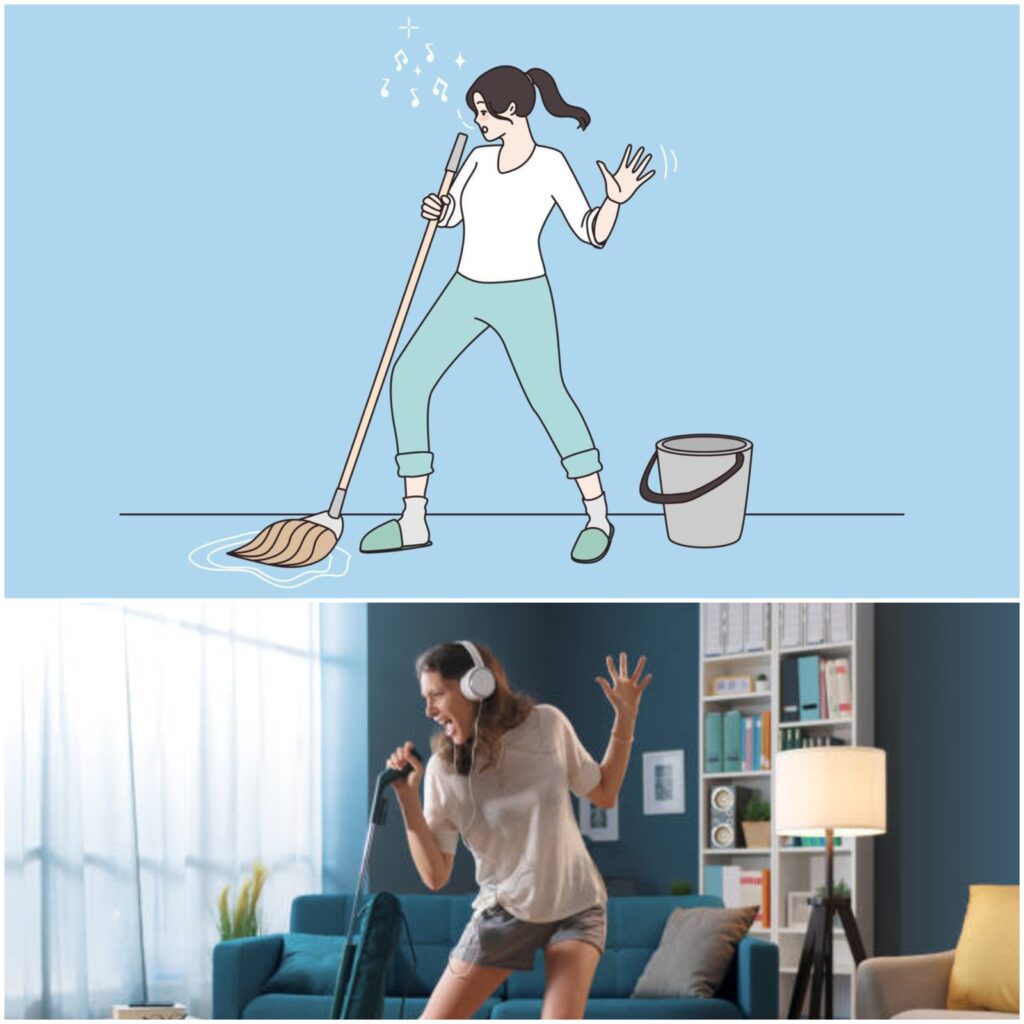Along with being an essential component of good hygiene, facts about cleanliness show that it is also important for improving our emotional and physical health.
Since it goes far beyond keeping things tidy, cleanliness is more than that.
A lot of people are unaware of the surprising benefits of cleanliness, which range from increasing productivity to preventing illness.
Let’s explore some amazing facts about cleanliness and the reasons it should to be a priority in our life.

Did You Know Facts About Cleanliness?
Clean Environments Boost Mental Health
Studies show that maintaining a clean environment can greatly reduce stress and promote a healthy mental state.
You can focus more clearly and feel more at ease when your surroundings are tidy because your mind is less crowded.
Yet, messy surroundings might cause anxiety and overwhelming feelings. A spotless environment may act as a haven for calm, relaxation, and clarity.
In fact, workers in clean environments were more focused and productive than those in messy ones, according to research from the Princeton Neuroscience Institute.
So organizing your space, as highlighted by facts about cleanliness, could potentially help you relax if you feel tension or anxiety.
Clean Hands Can Prevent the Spread of Diseases
Washing your hands regularly can minimize the risk of spreading common diseases by up to 30%.
One of the easiest and most efficient strategies to stop the spread of germs is to practice good hand hygiene.
The World Health Organization (WHO) states that touching your face with unwashed hands or coming into contact with polluted surfaces can spread a number of infectious diseases.
The transmission of bacteria and viruses that cause illnesses like the flu, colds, and even more serious infections can be stopped by adopting simple behaviors like washing hands with soap before meals, after using the restroom, and after touching surfaces in public areas.
This simple procedure, as supported by facts about cleanliness, can improve public health and save lives.
Decluttering Improves Productivity
Clearing up dirt not only makes a space seem better, but it also increases productivity and focus when performing regular duties.
Having an orderly workspace or living space makes it simpler to locate items, focus, and increase productivity.
Having too much clutter around might be visually distracting, which makes it difficult to complete tasks.
Having a tidy and well-organized workspace is especially important for professionals and students who operate remotely.
Facts about cleanliness show that it establishes a more organized setting so that your mind is free from unneeded distractions to concentrate on the task at hand.
A neat environment simply correlates with a neat mentality.
Regular Cleaning Extends the Life of Household Items
Did you know that routinely cleaning and maintaining your household products can dramatically lengthen their lifespan? Your furniture and kitchen appliances are not the only things that might suffer from dust, grime, and neglect.
Yet, simple upkeep such as wiping down surfaces, dusting, and cleaning equipment can help avoid wear and tear.
Like that, dusting your devices can keep them from overheating and cleaning the filters in your dryer and washing machine on a regular basis eliminates accumulation that could cause issues.
Facts about cleanliness reveal that Long-term savings on repairs and replacements can be achieved by giving your household objects a little more attention in cleaning and maintenance.
Cleanliness Reduces Allergens in the Home
Regularly vacuuming and dusting your home can help get rid of allergens that cause respiratory problems.
Over time, allergens such as mildew, pet dander, and dust mites can build up and cause symptoms like watery eyes, coughing, and sneezing, especially for those with asthma or allergies.
Facts about cleanliness show that maintaining a dust-free and clean home greatly lowers these allergens, boosting the quality of the air and simplifying breathing.
Regularly vacuuming carpets and washing bedding can significantly reduce the accumulation of dust and other allergens in bedrooms, giving you a better living environment.
Air Quality Improves with Regular Cleaning
Maintaining a clean living environment can improve respiratory health and indoor air quality by lowering pollutants.
Since it is sometimes ignored, indoor air quality is key to our general health. Over time, particles like dust, fur from pets, and volatile organic compounds (VOCs) from cleaning supplies can accumulate and harm the quality of the air we breathe.
Regularly cleaning and ventilating your home helps lower air pollution levels, which can help avoid allergic reactions and respiratory issues.
Improving indoor air quality can be achieved with relatively little effort by using non-toxic cleaning supplies, opening windows to let in fresh air, and operating a vacuum with a HEPA filter.
Cleanliness Practices Vary Across Cultures
Globally, there are differences in the cultural customs around cleanliness; every location has its own customs and rituals.
In fact, the Japanese have a strong cultural focus on cleanliness, as evidenced by customs like taking off shoes before entering a house and thorough public cleaning schedules.
Scandinavian countries, on the other hand, are renowned for stressing environmentally responsible cleaning methods and simple, clutter-free homes.
Cleanliness is linked to spiritual and religious rituals in many places of the world as emphasized by facts about cleanliness.
In one case, whereas cleanliness is an important component of daily rituals in Islam, it is viewed as a form of worship in Hinduism.
Understanding these cultural differences enables us to recognize the varied meanings of cleanliness while yet appreciating its universal significance.

Cleanliness is a Lifestyle Choice
Beyond simple hygiene, cleanliness is a way of living that improves productivity, health, and general quality of life.
You may have better health, a happier outlook on life, and a cleaner environment by implementing good hygiene practices into your everyday routine.
Maintaining hygiene, organizing your home, and taking care of your surroundings are all examples of how cleanliness is an investment in both you and others around you.
Incorporating regular cleaning routines into your life seems to be difficult. Even little actions like setting out a few minutes every day to clean or creating a weekly cleaning plan can have a significant impact.
Remember, cleanliness is not only about appearance it is about creating a space where you can thrive physically, psychologically, and emotionally.
Bottom Line
More than just a task, cleanliness matters to a happy and healthy life.
The advantages and facts about cleanliness are multiple, ranging from boosting mental well-being and efficiency to delaying the transmission of illnesses and enhancing air purity.
You can improve the lives of others around you as well as your own by making cleaning a regular practice. A clean environment is, after all, the foundation of a happier, healthier existence.
Read Also: Unbelievable Physics Facts That Will Completely Change the Way You See the World
